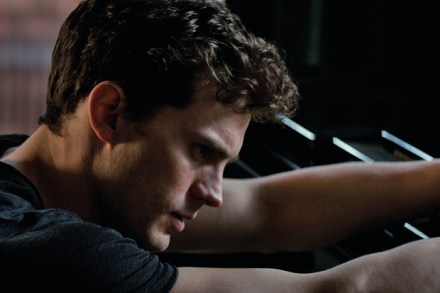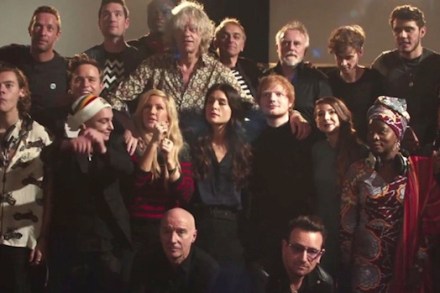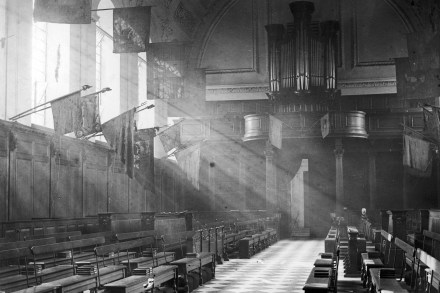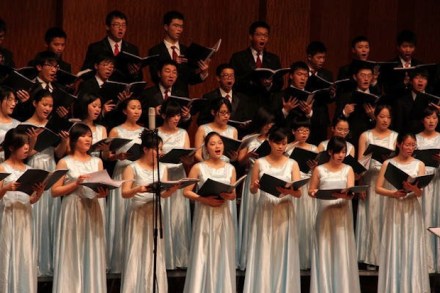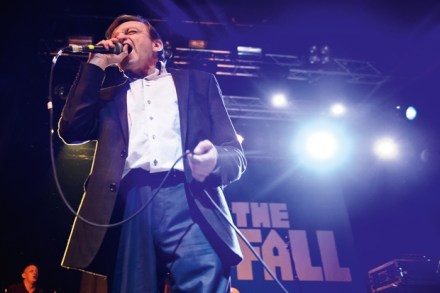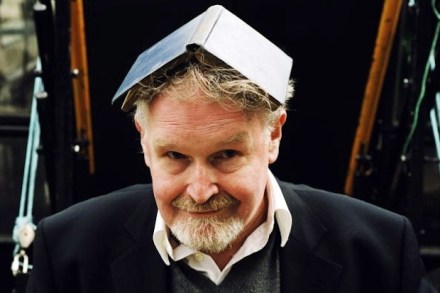Skunk has changed me. But art has changed me, too
Two recent preoccupations have led me to the same reflection. The first is a Channel 4 programme on the effects of the super-strength cannabis known as ‘skunk’, in which I’ve been participating: about to be broadcast as I write. The second is the artist inmate of Dachau, Zoran Mušic, whose life my guest for one of my Great Lives programmes on BBC Radio chose to celebrate. We recorded that discussion some weeks ago for transmission later. Both have led me to reflect on the nature of templates, and the theory of Gestalt. A template (for those unfamiliar with carpentry or metalwork) is a pattern to follow: the pattern takes the


